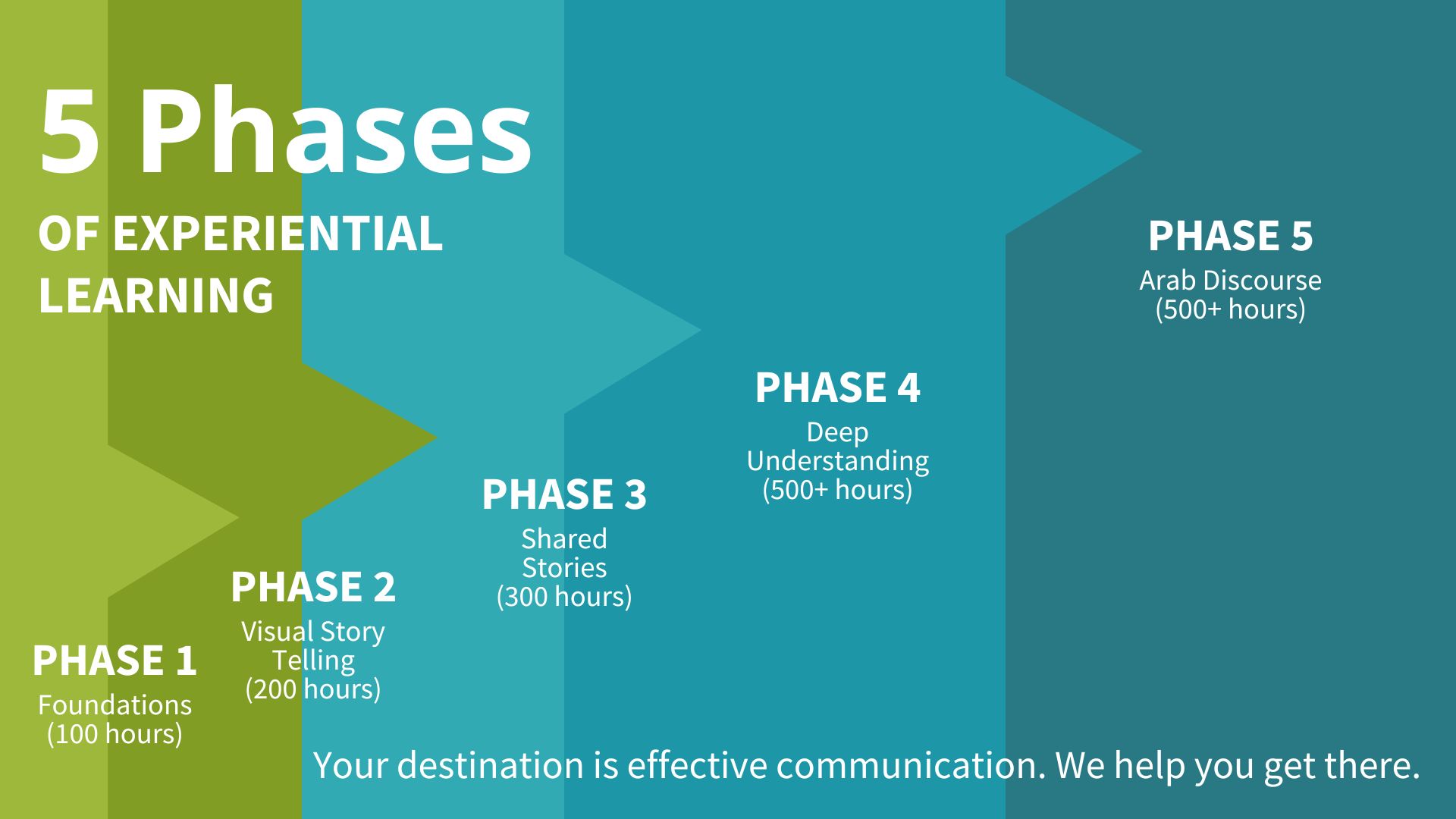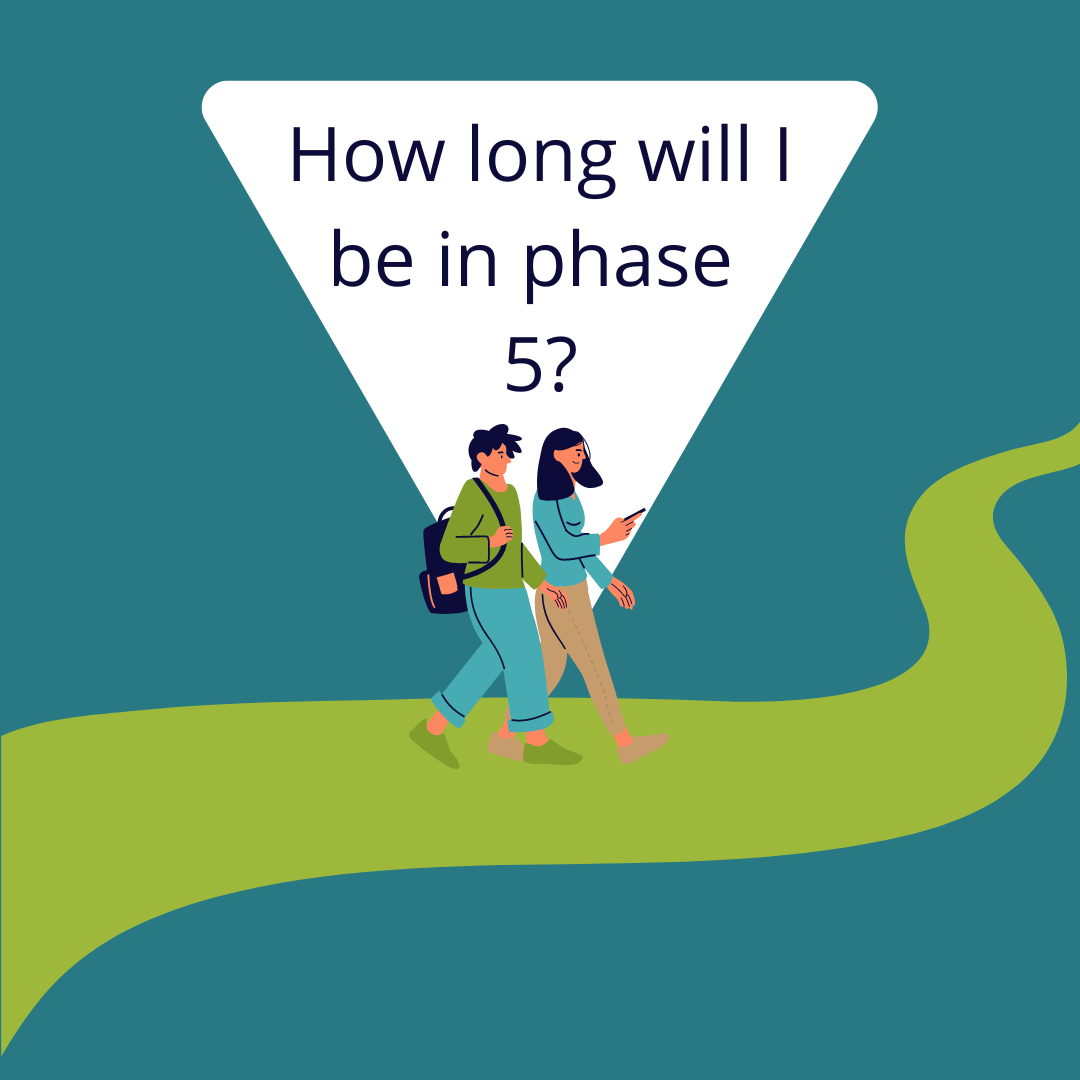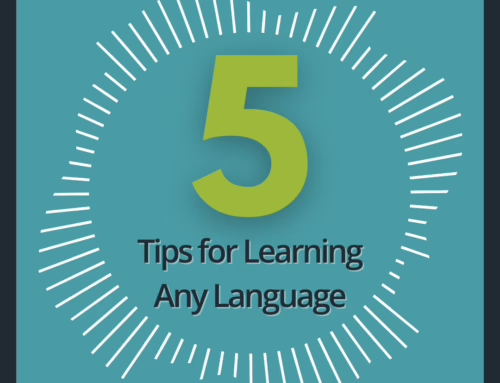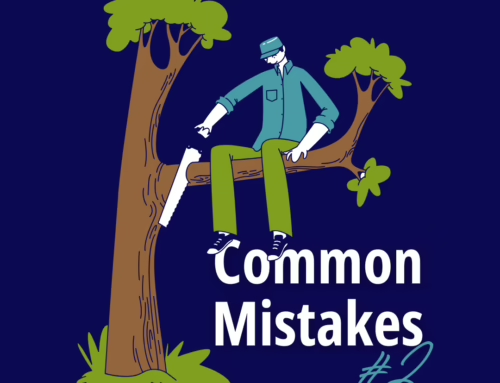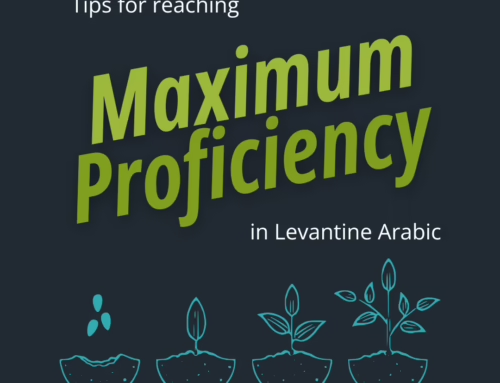Navigating phase five
This question came up last week as I met with an Arabic learner who is getting ready to begin phase five, the native-to-native discourses phase.
“How long will I be in phase five?” she asked.
Well, the response has a few caveats to it, so I’m making my response available to all.
Let’s start by asking first, “what is phase six?”
But first, “What is phase six?”
I like to think of phase six as more of a life position or state of being.
Most of the phases are defined primarily by the activities we use to grow in the language. However, phase five resources by nature extend into phase six because anything containing speech between two native Arabic speakers or intended for an audience of L1 speakers will offer space for Arabic learners to expand their knowledge and familiarity with speech for years to come.
All you have to do is move into a different area of speech and you will typically find new language being utilized, be it medical terminology in a documentary piece on doctors or therapists discussing mental health or a religious leader answering questions about the Qur’an.
The easiest way to answer the question about whether you are truly in phase six is,
- You understand, nearly all of the Arabic you hear.
- You are hearing a lot of Arabic on a regular basis, which keeps you growing.
Now this is already assuming you’ve spent 1600 hours or so in sessions that have helped you become familiar with no less than 10,000 words in the spoken Arabic dialect.
For phase six, you have to have a life full of opportunity to both hear and speak Arabic.
If you have no life integrated with Arabic speakers, there will be no growth. That is because acquisition is never truly over. Language learners should always be growing, and that’s OK.
In fact, it’s perfectly normal in your own language, to continue to expand your vocabulary well into your adult years. That’s why even at an advanced level, it is still good to continue with five hours or more of weekly Arabic classes or sessions that keep you developing.
After all, with anything we are pursuing with excellence, any skill or sport or musical instrument, we should continue putting time and effort into advancing our ability.
How much Arabic vocabulary should I be familiar with?
[00:02:36] Let me circle back to my point about the minimum threshold needed to understand the majority of high frequency speech around us.
In any language, the goal is to get to the place of familiarity with at least 10,000 words. That seems like a lot, right?
Well, in a four hour session with a tutor, that might mean doing activities that yield 25 to 30 brand new words that we are encountering for the first time. This needs to happen most days to get to that place in about two years time. Researchers have found that native adult speakers of English understand an average of 20,000 to 30,000 vocabulary words.
That’s in their first language.
Native speakers continue to learn about one word a day from age 16 to 50 years old. Sure, that’s twice as many words at the 10,000 words I mentioned before. But it happens over the course of a lifetime. Even among L1 speakers, those who speak a language as their mother tongue, there are huge vocabulary variations from person to person.
For example, a 33 year old English speaker who does not like to read has an average of 11,000 words in his vocabulary.
A person of the same age who reads a lot knows on average 30,000 words. That’s a significant difference even for native speakers.
All that to say, there’s no reason that we should all be done learning Arabic just after two or three years. After all, it took us a lifetime to grow the vocabulary that we have in our first language.
5 reasons why Arabic learners need to continue taking sessions
[00:04:11] Psycholinguist Greg Thomson recommends that even after we have reached a phase six level or have learned 10,000 words, we still spend hours in intense learning sessions with a native speaker in Arabic.
I’ve come to see this as an absolutely essential practice, and here is why.
1: Setting aside time to intentionally work on developing your skill further is what separates excellent speakers of second languages apart.
The participants that I’ve seen reach an advanced-mid, or advanced-high level on the ACTFL, spend no less than 1800 to 2200 hours in growth sessions before slowing down.
2: Phase five or native-to-native discourses are endless and expose you to speakers of a variety of accents.
I could listen to any podcast or television program and still discovered dozens of new ways of expressing myself in Arabic. That includes use of all the vocabulary words I already know, not to mention continuing to expand my lower frequency vocabulary, which takes a lot longer to integrate into speech than everyday words.
3: I’ve lived here for 15 years. I’ve never stopped learning, even though I spend significant portions of my day in Arabic, I continue to find areas I need to further develop or express myself more clearly.
4: Correction; there’s always more work to do on articulating ourselves well.
Even if you understand everything you hear, you are likely to still need help putting your own thoughts into words that communicate clearly. This is especially true if it is the first time you’ve ever heard someone talk about that particular topic in Arabic.
After all, friendly people that we know as acquaintances are not going to stop us and offer better ways that we could say things to sound more like they sound or make a recording for us of sentences we could practice to build our confidence.
5: Sounding fluent in the language is a huge factor in building relationships. Once we show ourselves to be competent and able to navigate deeper conversations, a whole world of Arabic speakers will be open to us.
Back to our original question, “how long does phase five last?”
“How long does phase five last?”
[00:06:35] It’s a good question.
No one has ever exhausted all the native-to-native Arabic resources we have, and that’s just the tip of the iceberg in terms of what’s out there.
You can use phase five activities and resources to grow indefinitely. In that sense, one could say that it never ends. Just remember to shift your focus and strategy to celebrating all that you do know. No longer look at what is missing, the words you don’t know. After all, low frequency vocabulary is tough to incorporate into our own speech, even as native speakers.
If you have trouble believing that, ask yourself when is the last time that you used the word paucity.
“Why I find there is a paucity of teaching materials for that language.”
Would you probably opt to say “there’s little available” or “a scarcity of” or “a limited amount”? There are alternatives.
You would have to consistently be around someone who used that word almost to an annoying level before you might use that yourself. In all likelihood, you may decide against incorporating certain vocabulary into your speech because it simply doesn’t sound like you or represent your personality, or there are just more everyday words that come to mind faster.
Why do we beat ourselves up for this when learning a second language, but rarely give ourselves a hard time for not advancing our speech in our mother tongue?
When you personally feel that you’ve reached that magical place of phase six, you no longer need to put full time effort into your language development if you have a place of continual ongoing practice to be part of in everyday life.
Being surrounded in Arabic all the time should steadily do the work, and you’ll know enough Arabic around the missing vocabulary to infer what people are saying.
If you are still struggling to participate 100%, that is, put your own thoughts and opinions into the world so that you can be known by others. Keep taking Levantine Arabic classes or sessions once or twice a week.
If you want a rapid burst in your Arabic language acquisition, this is never a bad choice. Moreover, if you are doing it right, you are connecting with a human being and also deepening your cultural understanding, which goes hand in hand with language and which I find most of us well-intentioned expats still could use more of.
[00:09:11] Somewhere in this discussion you may find the answer to how long phase five will last.
Learning, however, is never over, so does it matter?
The important thing is that we are using activities that continue to help us press in further and deeper into being able to communicate with other human beings that use Arabic.
